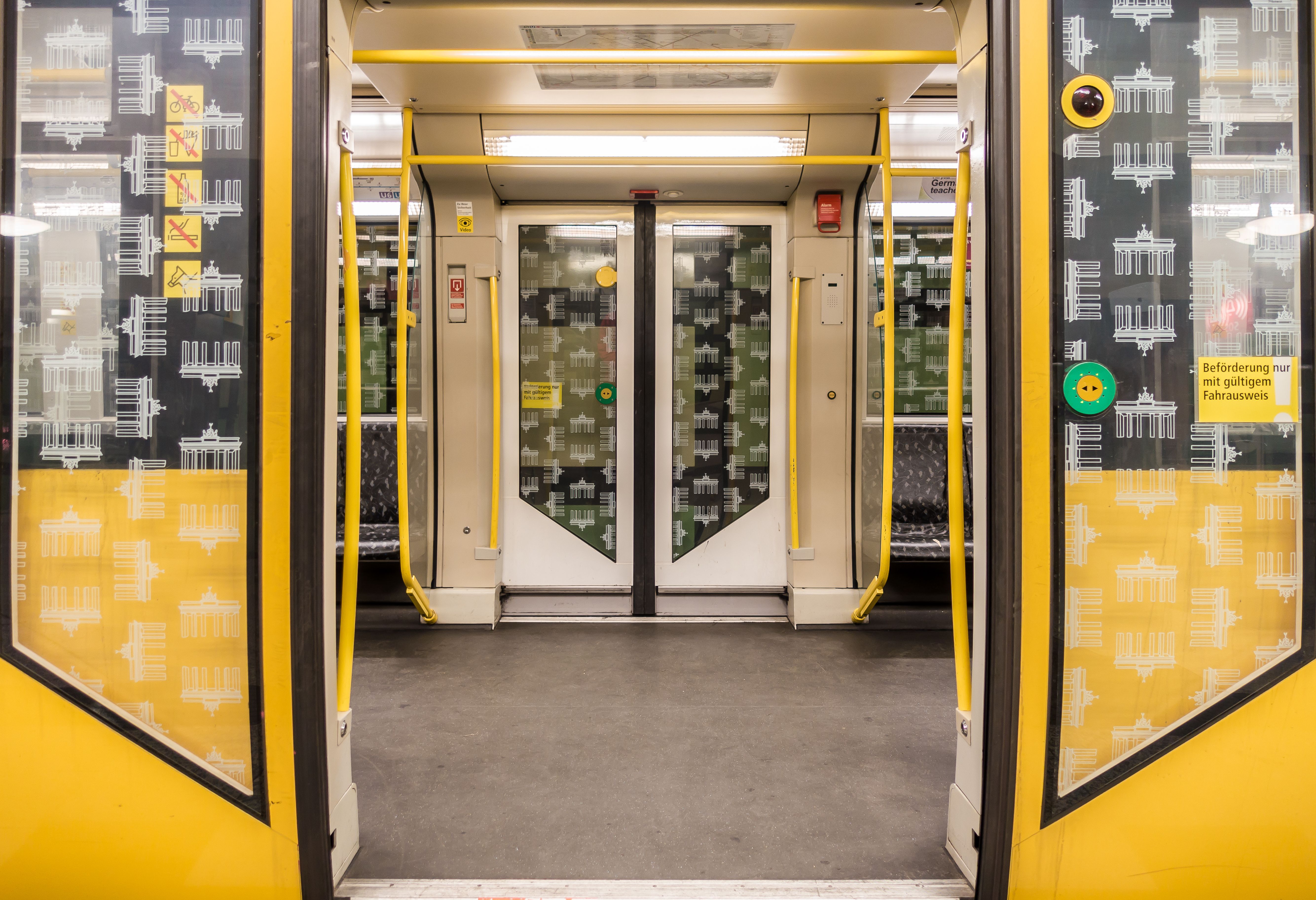Exploring Germany's Industrial Landscape: Cologne, Berlin, and Dresden
RR
Introduction to Germany's Industrial Hubs
Germany is renowned for its robust industrial landscape, marked by innovation, efficiency, and quality. Among its many thriving cities, Cologne, Berlin, and Dresden stand out as key players in the country's industrial sector. Each city boasts a unique blend of historical significance and modern industrial prowess, making them essential destinations for anyone interested in Germany's industrial evolution.
Cologne: A Fusion of Tradition and Innovation
Cologne, located in western Germany, is a city that beautifully marries tradition with innovation. Known for its historical architecture and vibrant cultural scene, Cologne also plays a pivotal role in Germany's industrial framework. The city is particularly strong in the automotive and chemical industries, with numerous global companies having established their headquarters here.
Apart from these industries, Cologne is also a hub for media and communications. The city hosts a variety of trade fairs that attract international attention, making it an ideal location for networking and exploring new business opportunities.

Berlin: The Heart of Startups and Technology
Berlin, the capital of Germany, is often seen as the heartbeat of the nation's burgeoning startup scene. Known for its vibrant culture and rich history, Berlin has transformed into a technology powerhouse over the past few decades. The city is home to a myriad of tech startups, incubators, and accelerators that drive innovation across various sectors.
In addition to technology, Berlin is also a leader in the creative industries. From film production to music, the city's diverse industrial landscape offers something for everyone. This dynamic environment not only attracts entrepreneurs from around the world but also fosters a spirit of collaboration and creativity.

Dresden: A Center for Engineering and Electronics
Dresden, often referred to as the "Silicon Saxony," is a cornerstone of Germany's engineering and electronics industry. This eastern German city is known for its high concentration of semiconductor companies and research institutions. The presence of major players in microelectronics makes Dresden an essential hub for technological advancements.
The city's commitment to research and development is further exemplified by its numerous universities and technical institutes. These institutions foster a culture of innovation and provide a steady stream of skilled professionals to the local industry.

The Economic Impact of Germany's Industrial Cities
The industrial contributions of Cologne, Berlin, and Dresden are not only critical to Germany's economy but also have significant implications on a global scale. These cities drive economic growth through job creation, technological innovation, and international trade. Their industries contribute to Germany's reputation as an economic powerhouse in Europe.
Moreover, the ongoing investment in infrastructure and technology ensures that these cities remain competitive in the global market. This commitment to progress attracts foreign investments, further strengthening their industrial sectors.
Conclusion: A Bright Future for German Industry
Exploring the industrial landscapes of Cologne, Berlin, and Dresden reveals the depth and diversity of Germany's industrial capabilities. Each city contributes uniquely to the nation's economic fabric while setting standards for industrial excellence worldwide.
As these cities continue to evolve and adapt to new technological advancements, they remain at the forefront of Germany's industrial future. For those interested in understanding the complexities of modern industry, these cities offer invaluable insights and opportunities.